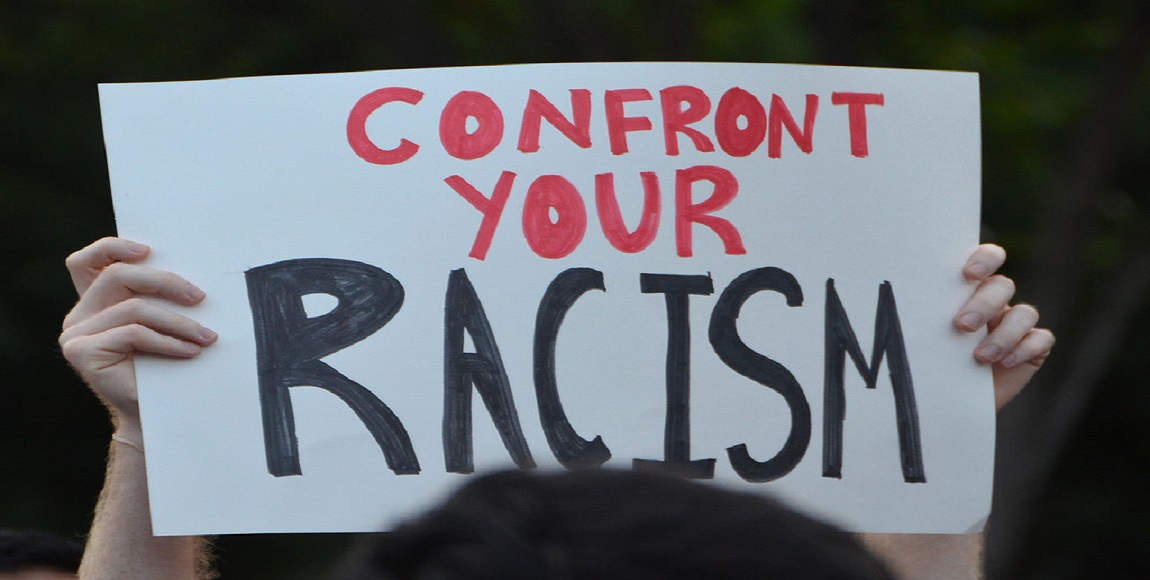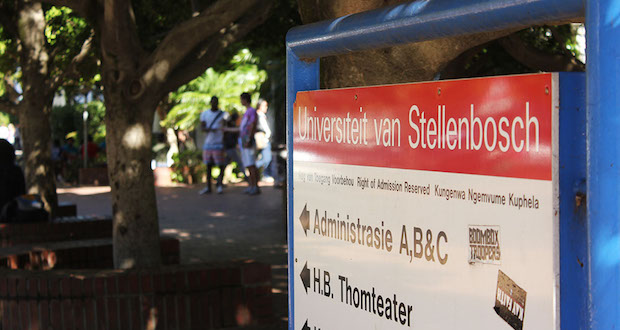Navigating a world that is very much still white – as a black person – takes its toll on black people. Navigating between black and white spaces in a country that is still racialised is jarring. There is a disjuncture between the way you are treated, the way you are seen in the two spaces. Researcher and activist, Mawethu Nkosana Nkolomba (27) tells of his recent experience of racism in Melville.
It’s Saturday night in a country infamous for its racism. I was out with my friends and we went from Braamfontein to Melville. They were four white bodies, I was the only black body. Some parts of Melville are populated by exclusively white faces and others by exclusively black faces; we went to a particularly white space. Everybody was allowed to get in but when it was my turn, I was searched. Although it was uncomfortable I understood why questioning it would seem like I was overreacting. I kept quiet. One of my white friends took it up and asked, “Why were you searched and we weren’t searched?†I asked myself, how do I convince white people that certain spaces are racist when their bodies themselves are institutions of racism?
One friend said, “But you take me a lot to strictly black spaces.†My counterargument to that is: so I had taken you into black spaces but what you had in those spaces is a body that is privileged. You could be victimised in some way, true. When I come into white spaces I am victimised but I am also oppressed because my body is a site of oppression.
Why is it that every time a black person picks up racism in white spaces white people need to question it or convince that person why it is not entirely racist? I tried to explain to my friends how I felt but they did not understand; it was a futile task.
We went to the second place, because I ended up not going into the first. When we got there, something similar happened. I was wearing a Kenyan cloth – a Maasai cloth – on my shoulders. The bouncer told me I needed to take off the cloth before they would allow me in. Maybe it looked too Oriental or something? I took off the throw and I gave it to my friend. She took it and she was able to get into the club. I said to the bouncer, “We’re all black brother, why are you doing this to me?†He said to me, “Bafethu this is my job, I was tasked to this.†How do I hate a security guard who’s black and will allow white people to pass but automatically sees me as a culprit? That’s his work, that’s how he’s been navigating the system. People who own spaces in Melville use black bodies as gatekeepers for whiteness.
We thought Melville was integrated but at the back of our minds we also know it wasn’t meant for us. It’s interesting how Melville is slowly becoming a hub for black youth but at the same time these are the experiences we have to subject ourselves to. By virtue of being white, as a body, you will always be aloof to other problems that arise as a result of your position. I felt when I pointed it out like I was being hyper-dramatic or too radical. In explaining what was happening, I had to traumatise myself with white people wanting to understand why I feel the way I do. It’s a trauma and as I result I became enraged. There is no space for black rage. White anger has been killing black bodies but our anger does not have space. White people do not have spaces to accommodate that rage.
I’m a black intellectual with access to a lot of spaces but around white people I am reminded of my nothingness. The picture of a black queer body and these white bodies is a picture of resistance but it’s also controversial. The experience when we were in Braamfontein earlier was that I seemed like a token black who had access to all of these spaces. When I got to Melville, the picture flipped. I was now the black body who the white bodies were feeding.
I’ll always be friends with them but I need to be honest. White people make me uncomfortable.
As black bodies, we have been doing the work of protesting and entering white spaces. I’m tired of being brilliant and working so hard but every time I get into white spaces it feels like all that work is erased. I’m tired of the power relations that happen in black and white relationships. I’m tired of the white gaze and the scrutiny of the white gaze. I’m tired of being depressed because I will never fit into the white conception of success. I don’t know how black and white relations are supposed to exist. I feel like every time I’m in white spaces, I have a problem with breathing. This is the disjuncture of being a cosmopolitan black who is black and radical and has found themselves in spaces of whiteness and has to navigate the two.
Edited for brevity and clarity









